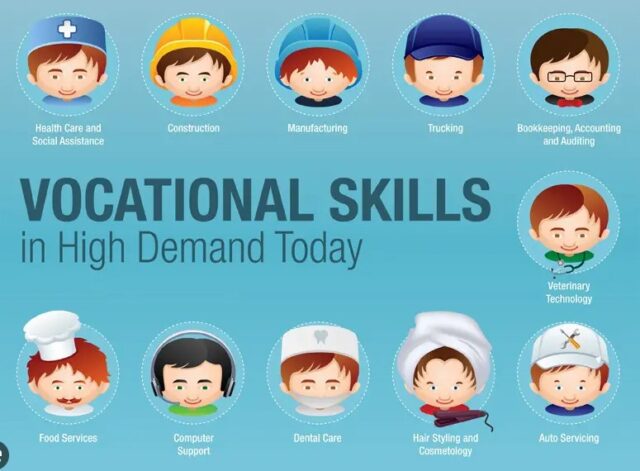In the world of football, talent and skill on the field are undoubtedly important. However, for grassroots footballers, there is another aspect that holds equal significance – the acquisition of vocational skills.
These skills, beyond the boundaries of the football pitch, not only enhance personal development but also contribute to a player’s overall success.
This blog post aims to shed light on the importance of learning vocational skills for grassroots footballers.
1. Expanding Career Opportunities:
One of the key benefits of learning vocational skills is the potential to open up a wide range of career opportunities. While only a small percentage of aspiring footballers may make it to the professional level, developing vocational skills provides a solid backup plan. Whether it’s pursuing a career in coaching, sports management, or sports marketing, having diverse skills can significantly increase employability.
2. Personal Development:
Learning vocational skills goes beyond professional development; it also fosters personal growth. By engaging in activities outside of football, grassroots players can develop essential life skills such as teamwork, communication, and time management. These skills not only benefit them on the field but also in their personal lives, enabling them to become well-rounded individuals.
3. Financial Stability:
For many grassroots footballers, financial stability can be a challenge. In such circumstances, having vocational skills can provide an additional source of income. By leveraging their talents and expertise beyond the football pitch, players can explore avenues such as coaching clinics, sports camps, or even starting their own sports-related business. This financial stability allows them to continue pursuing their passion for football without the added pressure of financial constraints.
4. Networking Opportunities:
Learning vocational skills exposes grassroots footballers to a wider network of individuals within their chosen field. Whether it’s attending workshops, conferences, or joining professional organizations, these opportunities allow players to connect with industry professionals, mentors, and like-minded individuals. Building a strong network can provide valuable insights, guidance, and potential career opportunities in the future.
5. Transferable Skills:
Vocational skills acquired outside of football are often transferable to the world of sports. For example, developing public speaking skills through a vocational course can aid players in post-match interviews, media engagements, or even becoming sports commentators. Similarly, skills in marketing or event management can be applied to organize grassroots football tournaments or charity events. These transferable skills enhance a grassroots footballer’s ability to contribute to the sport in various capacities.
Conclusion:
While football skills are vital for grassroots players, learning vocational skills adds another layer of importance. From expanding career opportunities and personal development to financial stability and networking opportunities, the benefits are substantial.
By diversifying their skill set, grassroots footballers can not only enhance their chances of success in the footballing world but also thrive in other professional domains.
Embracing vocational skills is an investment that reaps rewards both on and off the field, making it an essential aspect of a grassroots footballer’s journey.









